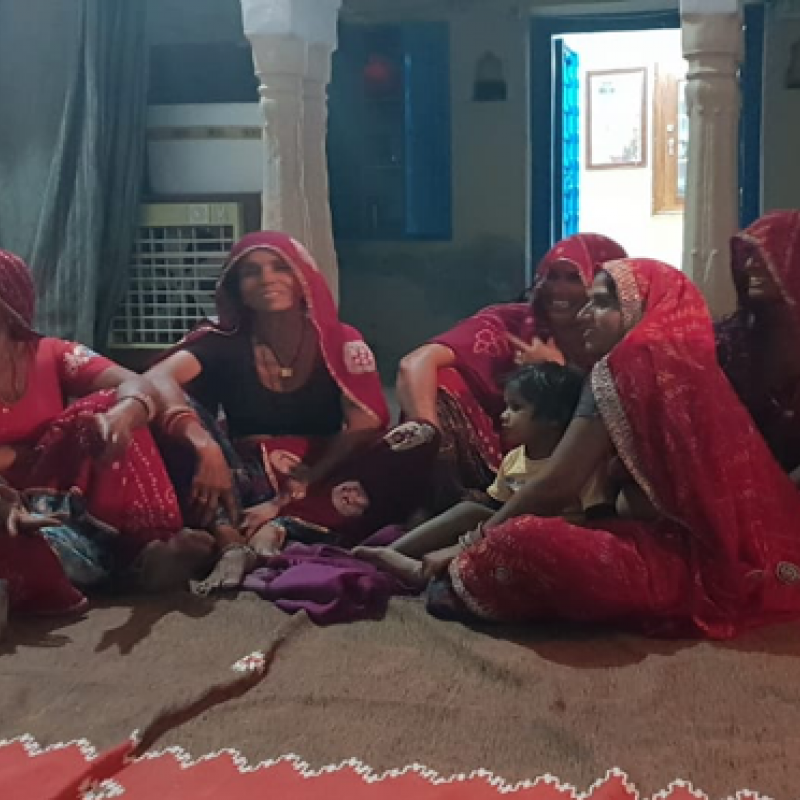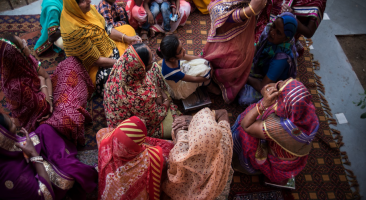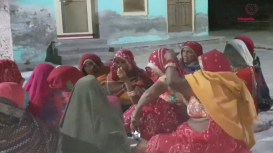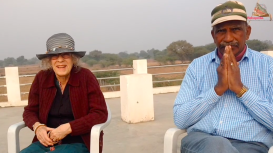What is 'folk' about 'folk gods and goddesses'? What makes them 'folk'? Remember what I had said about Pabuji—he is no great god in the Hindu pantheon, but a bhomiya god who has the power to intervene in the problems of everyday life, faced by nomadic communities like the Rabari of Rajasthan….Likewise, if there is a family problem—more often than not related to child-bearing or some mental illness attributed to an evil spirit—it is assumed that the great gods are not likely to solve the problem. At such junctures, communities like the Rabari turn to folk gods and goddesses, who are believed to solve everyday human problems…
—Komal Kothari, in Rajasthan, an Oral History: Conversations with Komal Kothari
The worship of folk deities is a pan-Rajasthan phenomenon, and runs alongside the worship of gods from the Hindu pantheon. The worship of some deities is spread across a large geographic region (e.g. Ramdevji), while the worship of others can be confined to a particular region (e.g. local bhomiyas and satis ). The worship of the pitar (ancestor deities) is confined to one family or clan only. As Komal Kothari says, it is the folk deities people turn to for the problems of everyday life. One deity is thought to cure snake bite (Gogaji), another small pox (Sitala Mata), and then there are deities to cure childlessness (Behruji) and those worshipped at the time of sowing a crop (e.g. Tejaji).
The worship of such deities is associated with diverse musical traditions. A lot of work has been done around the devotional music and lore of musician and performing communities. In this module, we focus on the ritual music of non-musician communities from the Thali-Shekhawati region of Rajasthan. The singers are always women and the occasions include birth, marriage and various festivals. The songs can describe episodes from the deity’s life, prescribe modes of worship or make requests for the well-being of the family or clan. This ritual singing is to be found across all castes in the region, with variations depending on family, clan, caste and region.
This project aims to create a representative archive of these oral traditions. As part of this project, the songs sung by groups of women from four to five towns and villages in this region are documented. This module provides the material for further research about the folk deity cults in the Thali-Shekhawati region of Rajasthan with orality, gender, kinship, identity and history providing specific lines exploration.




